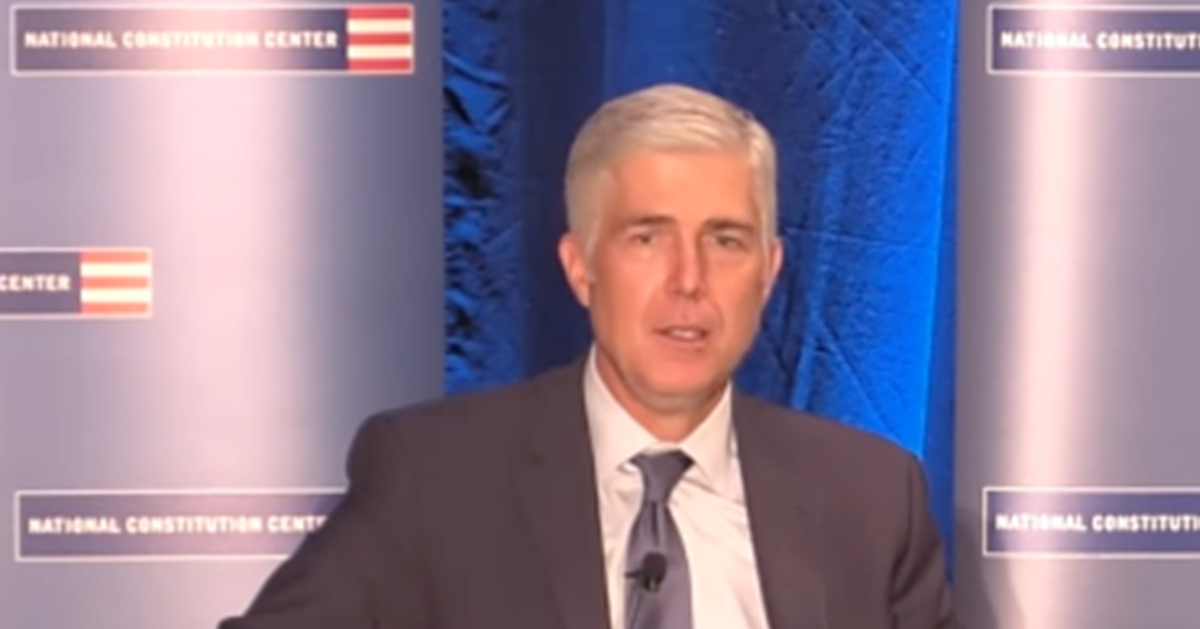Bipartisan Effort Pushes Social Security Legislation Past House Obstacles
In a rare display of bipartisan unity, Representatives Garret Graves and Abigail Spanberger have navigated a bill through the House to address longstanding issues within the Social Security system.
The Social Security Fairness Act of 2023, which aims to repeal two controversial provisions, has successfully been brought to the House floor via a discharge petition, ending a prior delay caused by House Speaker Mike Johnson, as the Washington Examiner reports.
Reps. Garret Graves (R-LA) and Abigail Spanberger (D-VA) resorted to a discharge petition to circumvent opposition within the House Ways and Means Committee.
This maneuver was necessary to advance the Social Security Fairness Act, reflecting a bipartisan initiative to overhaul elements of the system deemed unjust.
The provisions in question, the windfall elimination provision, and the government pension offset were established in 1983. They reduce Social Security benefits for individuals also receiving state or local government pensions, affecting nearly three million Americans.
Discharge Petition: A Strategic Move for Social Security Reform
The use of the discharge petition, a procedural tactic allowing a majority of House members to force a bill out of committee and onto the floor, is uncommon. The last successful use of this strategy before this year was in 2015.
Reps. Graves and Spanberger gathered 128 congressional signatures, including 47 Republicans and 171 Democrats, to bring the bill forward.
According to the Congressional Budget Office, the estimated cost of repealing these provisions would be $195 billion over the next decade. This substantial financial implication underscores the significant impact of the proposed changes on the national budget and Social Security's fiscal future.
Historical Context and Bipartisan Support Highlight Legislation's Significance
Speaker Mike Johnson (R-LA), who chairs the House Ways and Means Committee, had initially stalled the bill, leading to the strategic decision by Reps. Graves and Spanberger to use a discharge petition.
This method was similarly employed by Rep. Greg Steube (R-FL) earlier in the year for a disaster tax relief bill, showcasing a growing trend to bypass traditional committee blockages.
The bipartisan support for the Social Security Fairness Act is notable, with a substantial number of lawmakers from both parties advocating for its passage.
“We will be dogged in making sure the Social Security Fairness Act passes in the U.S. House, passes in the U.S. Senate, and finally gets signed into law,” stated Graves and Spanberger, emphasizing their commitment to the legislation.
Expert Opinions on Social Security Provisions Stir Debate
Despite the widespread support, not all feedback is favorable. Some experts, like Jason Fichtner, chief economist at the Bipartisan Policy Center, argue that the provisions, while complex, are intended to ensure fairness and equity in the distribution of benefits.
During a House committee hearing, Fichtner expressed concerns that completely repealing the windfall elimination provision and government pension offset could undermine these principles.
Charles Blahous, a senior research strategist at George Mason University, suggested that while the provisions are necessary, their current forms could be improved rather than fully repealed. His comments highlight the nuanced perspectives within the debate over Social Security reform.
Legislation Echoes Through Presidential Campaign Platforms
The Social Security reforms have not only sparked debate within Congress but have also become a pivotal issue in the 2024 presidential campaign. Former President Donald Trump and Vice President Kamala Harris have taken opposing views on the matter, reflecting the political stakes associated with the legislation.
In his support for the bill, Graves noted the unusual cross-party consensus it has garnered: “On a bipartisan basis, we have taken on something that is completely unjust — that has been going on for over four decades,” he said.
This unity could indicate a significant shift in how Congress approaches Social Security issues, potentially setting the stage for further reforms.
The momentum behind the Social Security Fairness Act illustrates the potential for legislative success when bipartisan cooperation transcends the usual partisan barriers. As the bill moves to the Senate, all eyes will be on its progress and the broader implications for Americans depending on Social Security for their retirement.



